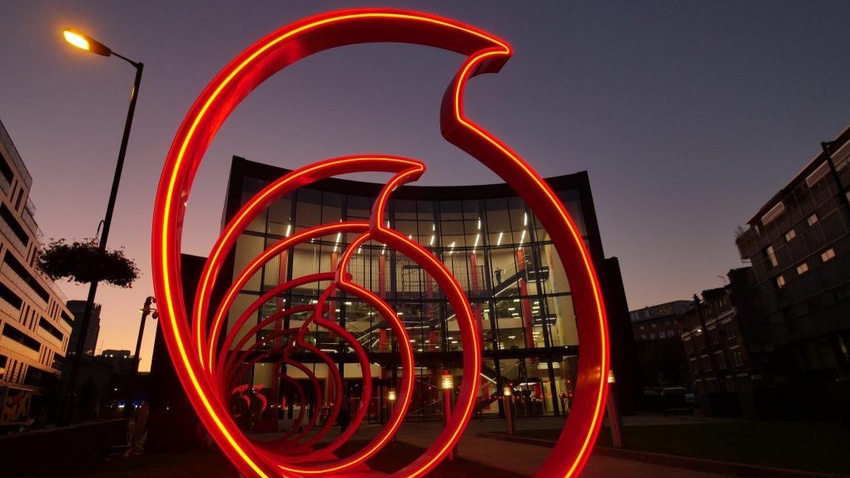Vodafone says 'no, grazie' to Iliad's revised Italy deal
Iliad sweetened the terms of its proposed merger with Vodafone in Italy but still had its offer rejected, it confirmed on Wednesday.
January 31, 2024

Meanwhile, to rub salt into the wound, Vodafone continues to court other potential suitors for its Italian operations.
Iliad tabled a new offer for Vodafone Italia back in December, having had a previous full takeover bid rejected almost two years earlier. It's 50:50 joint venture plan valued Vodafone Italia at an EV of €10.45 billion and would have seen Vodafone receive €6.5 billion in cash plus a €2 billion shareholder loan, as well as affording it the opportunity to bring in yet more cash – up to €1.95 billion in total – by allowing Iliad to buy it out through a call option at a rate of 10% per year.
Clearly those terms did not find favour with Vodafone, despite Iliad's assertion that it had made "a compelling proposal" for Vodafone shareholders, providing both value and cash.
As we now know, Iliad changed those terms, increasing the cash offer to Vodafone by €100 million to €6.6 billion, while reducing its own by the same amount, and ditching the call option.
But Vodafone was still not impressed.
It hasn't disclosed its objections. Thus far we have only a short statement shared with the newswires in which it confirmed the end of discussions. "We are no longer in talks with Iliad, but our discussions with others continue," the statement reads, according to Reuters.
The most likely name in the frame to hammer out a deal with Vodafone is Fastweb. Rumours to that end emerged in November, when unnamed Bloomberg sources floated the idea of a "potential combination" between the pair, Fastweb then apparently being one of a number players in talks with Vodafone. Iliad was the only other party named, but it seems there are yet more.
As we reported at the time, a Vodafone/Fastweb marriage would make sense from a competitive perspective. Vodafone and Fastweb rank second and fourth in Italy's residential broadband market and together would have the kind of scale that could start to challenge leader TIM. Fastweb has little presence in mobile, so while a tie-up would not boost Vodafone's standing, it would likely skip over regulatory hurdles.
A Vodafone/Iliad merger creates a much stronger mobile player, but would remove a network operator from the market, and we know how the regulators in Brussels feel about that. Well, actually we don't, given that the European Commission has yet to rule on the proposed Orange/MasMovil combination in Spain that is expected to serve as a weathervane for future telecoms M&A. But the point is, reducing the number of facilities-based mobile players in any market is a tough ask from an antitrust perspective.
Nonetheless, Iliad is standing by its rejected proposal to Vodafone.
"The Iliad Group is confident that the offer presented was the best possible business combination to benefit a struggling Italian market and telecommunications industry," it said.
Having failed to bulk up, Iliad says it will pursue a standalone strategy in Italy, building on its existing business there, which includes a mobile base of 10.5 million, a nascent fixed broadband operation that claims to be the market leader in net adds, and a €1 billion annual revenue position.
"The Iliad Group will continue to strengthen its positions in Italy and fiercely pursue market share
gains across all segments," the telco said.
Vodafone, meanwhile, is still looking for a partner in Italy. M&A rumours will continue to swirl, but at this stage Fastweb is looking like its best bet.
About the Author(s)
You May Also Like











_1.jpg?width=300&auto=webp&quality=80&disable=upscale)


.png?width=800&auto=webp&quality=80&disable=upscale)